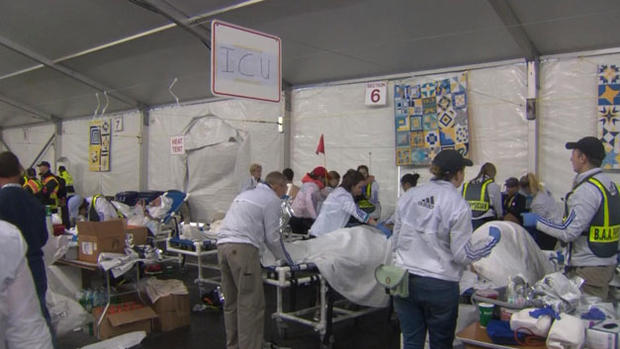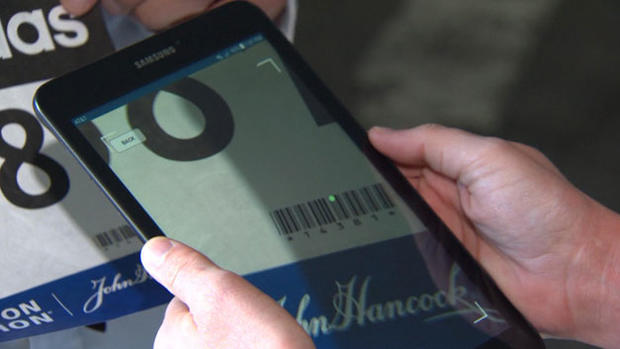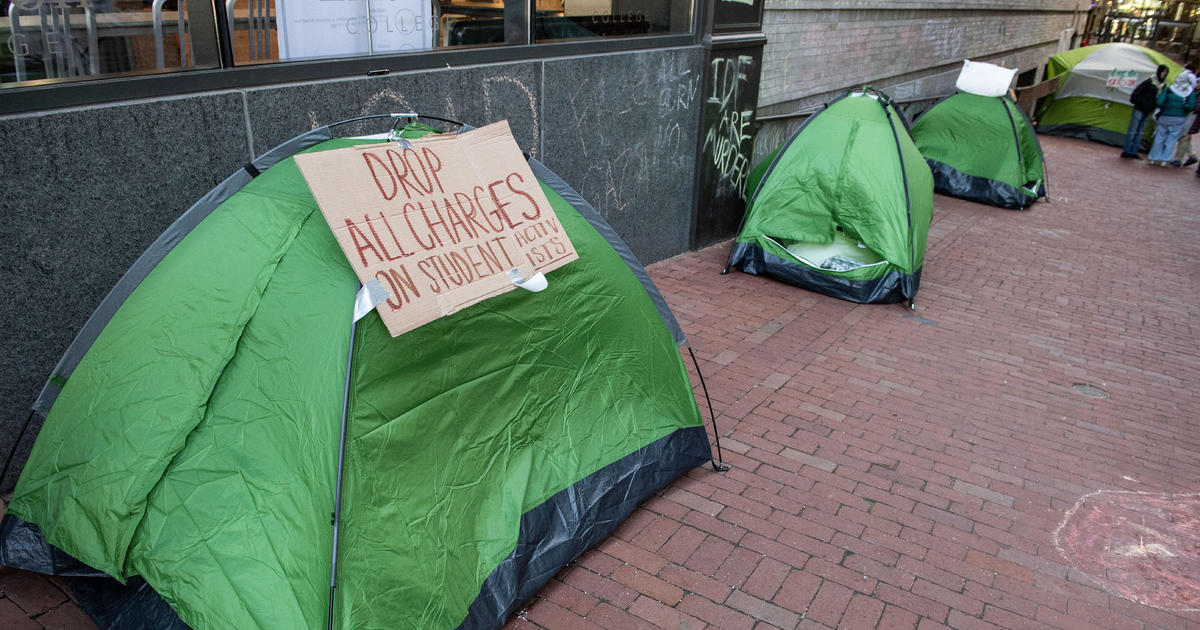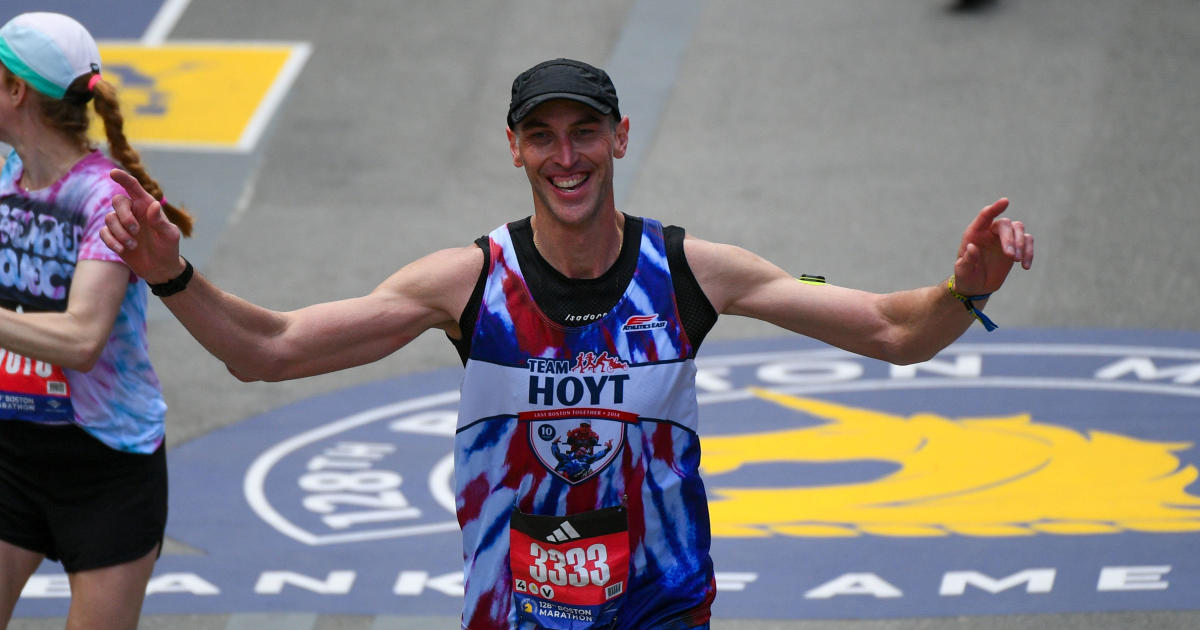Emergency Tracking System Will Monitor Runners' Health At Boston Marathon
BOSTON (CBS) - In just four days, 30,000 exhausted runners will try to run 26.2 miles with one goal: crossing the finish line of the Boston Marathon.
The task is a grueling one and athletes often need medical attention during the race. As Dr. Mallika Marshall reports, technology can help family and friends figure out what is going on with their loved ones.
Blisters, twisted ankles, dehydration and hyperthermia are some of the more common ailments suffered by runners at the marathon.
Last year, about 2,500 runners sought medical treatment during the race and this year there may be even more, given the warmer temperatures expected on Monday, which means many runners moving in and out of medical tents along the route and a challenge to keep track of where they are.
Chris Troyanos, the Medical Services Coordinator for the BAA, says it can be a challenge to keep track of runners during the race. "What happens in that runner falls out, goes into a medical tent, maybe gets on one of our medical street buses?" asks Troyanos. "Where are they?"
Questions, which can now be answered with the Emergency Tracking System.
Fifty tablets, all provided by AT&T, will be deployed to medical personnel from Hopkinton to Boston, to keep tabs on runners at any given time. A volunteer scans the barcode on a runner's bib when entering and leaving a facility. Local hospitals are also kept in the loop.
"The good thing about this system is it will give us an update of what we're seeing," says Jose Archila, Boston EMS Captain. "So if a lot of tents in the middle of the course are getting affected with a lot of patients, we'll know what to expect at Tent A and Tent B and we can start gearing up to see more patients," Archila explains.
The system will also give comfort to spectators who may have lost sight of their family member during the race.
"If they were entered in any of the medical stations throughout the course, we can say 'yes' at this medical station at this time or transferred to an area hospital," explains Archila. "And we can give them the hospital to connect with their loved one."
The BAA and Boston EMS can use the data they collect from year to year to prepare for next year's marathon.





